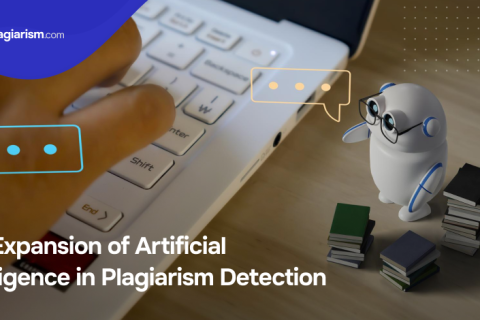Famous People Don't Plagiarize?
29 Mar 2023

There has been a pandemic of plagiarism in politics lately! A lot of public figures in the United States, the UK, Germany, Poland, Hungary, Austria, and other countries of the world here and there are discovered to copy-paste content in their dissertations and theses. There are a lot of eyebrow-raising cases of plagiarism and the news agencies use them for the headlines that draw everyone’s attention. Still, who has ever heard about the action taken by the universities to raise special concern or address the issues? In most cases, schools keep everything quiet and allow the individuals to get their degrees. Does that seem weird? Yes, it does! With the right to ensure solid protection of academic integrity and a lot of possibilities to revoke degrees and establish their reputation of schools with absolutely pure academic integrity, they are not interested in any investigations.
Reporting Old Plagiarism Cases
Nowadays the students often report that they are treated harshly and their writing undergoes too many checks until it is evaluated and graded by the teacher. What about the students’ assignments in the past? It is not a big deal to check old papers with more advanced tools for plagiarism detection. Even with ThePlagiarism.com or some other websites that offer perfect support in checking assignments, the investigation cases about papers from previous years are rare. What is the reason for such indifference? Actually, schools do not see any benefits in implementing aggressive politics aimed at their students, especially if they are public figures.
What good can investigations in the plagiarism cases bring to universities?
- waste of time
- waste of money
- rumors about reputation
Actually, students have already got their degrees and some of them refer to the role of school in their lives and careers. If a student plagiarizes and the instructor catches him immediately, the range of punishments can be really wide. Some of the professors ask the students to do the assignments again and give lower grades for them, while others insist on expulsion of cheaters. There is evidence of the crime and little investigation is needed to see whether the student deserves the punishment.
What if the paper was written ten years ago? Well, it may even happen two or three years ago when the software was not that powerful. Some evidence is lost but in case of accusations, there are fierce legal battles as former students may lose everything at once with their degrees cancelled. It is natural for the schools to be not so strict and ignore post-graduation plagiarism cases. Thus, some of the assignments may be entirely copied, but the schools will turn a blind eye to violations.
Protecting Students’ Privacy
During the school years, the students know that their privacy is under protection. This right for not disclosing personal details is preserved even after the students graduate. Hence, even if there are any investigations, information about them is not shared on social media or in publications. The school may declare that it has revealed a case of pure plagiarism in a certain dissertation. What is the only gain they have? The school will confirm that its attitude to the issues of academic integrity is proactive. What else does this incentive bring? Nothing at all!
So, who brings these allegations to light? Actually, the answer is pretty clear. If a politician has an opponent eager to win the elections no matter how, the chances that there will be a plagiarism check of his thesis requested.
Should Schools Stir Up the Past?
So, the school does not get any benefits for being honest and principled in its attitude to plagiarism. Still, if it does not react to evident cheating, even if it is a case in the past, the value of degrees gets significantly lower. It is unfair with respect to decent students if the rules are simply ignored.
What are the encouraging factors for the schools in such cases?
Principle of honesty and equality: It is unfair to treat students differently as disregarding cheating in the past demonstrates to the current and future generations of students that it is fine to plagiarize if no one knows.
Principle of maintaining good reputation: Students and their parents as well as the teaching staff do not treat the school which neglects the basics of integrity with respect. Principle of continuous development: It is essential to figure out how it happened that a student plagiarized and neither the teacher nor special software could trace cheating. Schools are interested in taking better measures for preventing further cases of copy-pasting.
Investigations in non-originality cases set a precedent and let schools improve and motivate students to acquiring knowledge instead of getting grades for dishonesty.
There are thousands of reasons why a university might be quiet about plagiarism cases in the papers of former students. Still, the reality often pushes them to proactivity and ethical practices in investigations. If the staff takes responsivity not only for the current policies, but also for the past originality issues, such schools excite genuine admiration and respect to their attitude and commitment to fairness in academics. There are a lot of changes and transformations in the system of education at the global level. If the standards and conventional norms get weaker, the process of learning and teaching gets less and less meaningful. Without due protection, academic integrity is gradually dissolving, and that gives way to all-permissiveness and lack of respect to research findings and work of others. Detecting cases of copy-paste and preventing new possible types of cheating is a must for every school. Undetected misconduct in academics makes diligent students disadvantaged and offended. Those willing to bypass the standards of originality should know that there are no soft options at all. If the school takes action after several years of actual cheating, it may waste resources without apparent benefits. Still, if it does not, it loses a lot and the results of such irresponsibility can be devastating for the present-day and future generations of the students.






